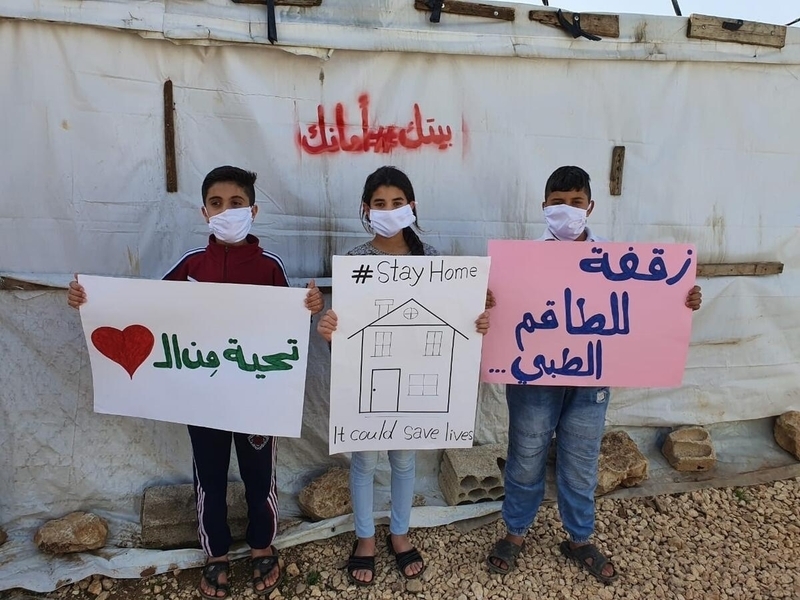
CHILDREN in vulnerable countries are gripped by fear and loneliness, and hundreds of millions are going hungry as they miss out on school meals, new research on the impact of COVID-19 has revealed.
International aid agency World Vision has surveyed children and young people in 13 developing countries over the past two months to understand the impact COVID-19 has had on them.
While the Children’s voices in the time of COVID-19 survey uncovered that children are fearful and anxious, it also found they are determined to mobilise to help fight the global pandemic.
Across all 13 countries, respondents highlighted three important factors that changed their lives on a massive scale; school disruption, emotional distress due to social distancing, and increasing poverty.
More than 70 per cent said that they felt isolated and lonely due to school closures.
“Children and young people are disproportionately affected by COVID-19 with school closures and loss of access to their social safety nets,” said Dana Buzducea, World Vision’s Partnership Leader for Advocacy and External Engagement.
“As lockdowns spread, the most vulnerable children, without access to technology, have no way of continuing their education. Additionally, hundreds of millions of students are not receiving school meals, and many parents are unable to provide food after losing their jobs and livelihoods. They tell us they are unable to contact many friends and relatives leading to confusion, anxiety, and sometimes despair.”
Poverty and access to clean water are on-going problems in many of the countries surveyed and COVID-19 has exacerbated the situation, leading to increased anxiety amongst children.
Of the respondents, 91 per cent acknowledged that they were facing emotional distress and troubling feelings, including anxiety, anger and worry due to uncertainty around how long the crisis will last, and dealing with isolation.
Anita, 16, from the Democratic Republic of the Congo, which is grappling with the twin crises of coronavirus and Ebola, explained: “I do not like this situation. We wanted to announce the end of Ebola, but now coronavirus is already coming. Despite the fact that isolation will help protect us from the virus, this will bring starvation that can still kill us too.”
Lara, age 7, from Brazil said: “One of the most important recommendations is handwashing, but where we live, we don’t have water. Many houses get water only once a week; so, how are these people going to have good hygiene opportunities? They can’t! This will cause many infections.”
Despite these challenging feelings, children and young people feel a strong desire to contribute to the fight against the spread of COVID-19 in their communities.
They stated that it was very important to raise awareness about protecting people from the spread of the virus, using online and other remote collaboration systems.
“Children are not helpless, hidden victims of this pandemic,” said Ms Buzducea.
“They powerful agents of change, capable of interacting with others to positively shape their environments. Their right to participation is dramatically impacted. When children and young people are involved and can participate in societal change it increases their self confidence, reduces the sense of a lack of control and they are better able to cope with difficult situations.”







